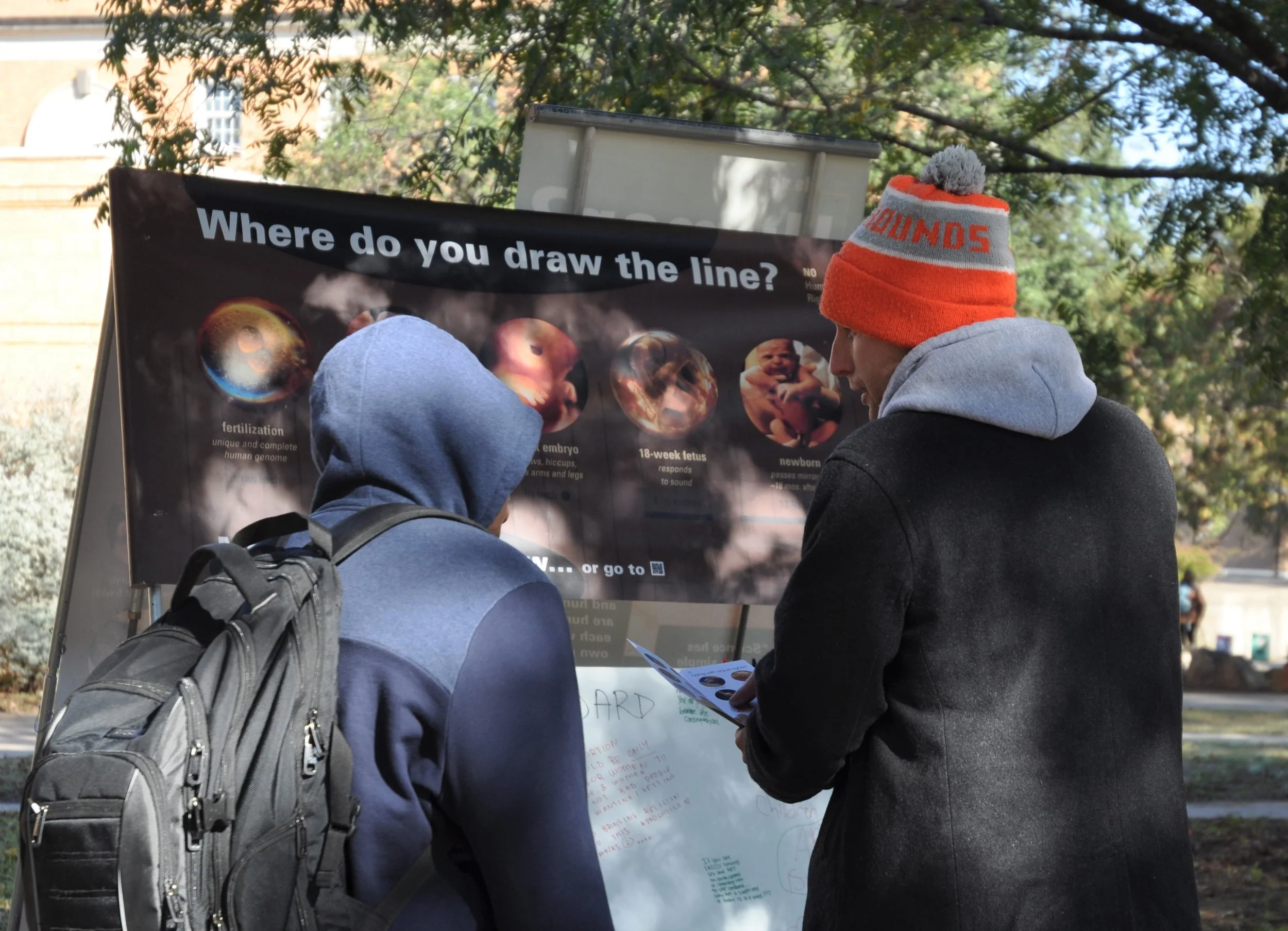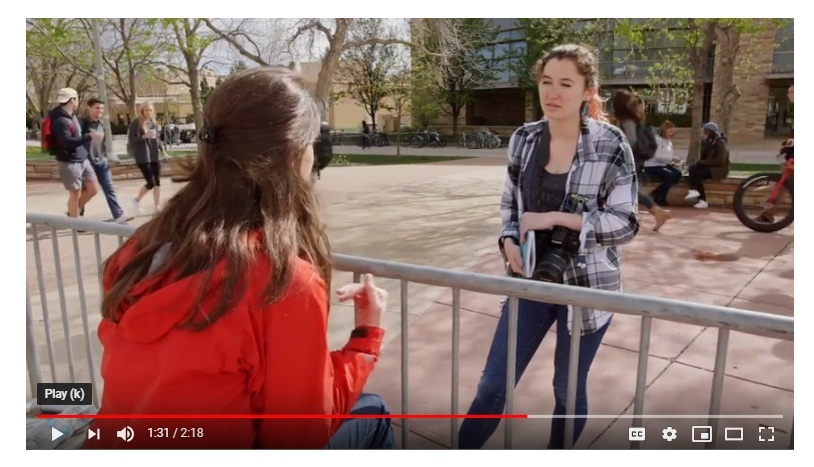Eva was visibly relieved that I had acknowledged the challenges she brought up, and she was encouraged that I asked questions that allowed her to open up about her life growing up in the foster care system. She seemed very thankful to be heard.
Eventually, I felt we had reached a moment when it would be fruitful to return to the topic of abortion. Our dialogue went something like this:
Jon: Would you agree that many of the challenges faced by children in foster care actually increase as they get older? I’ve heard that it’s often especially difficult to place an older child for adoption.
Eva: I definitely agree with that.
Jon: Knowing that, then, how should we treat infants, toddlers, and young kids who are currently in a difficult foster care or adoption situation? Even though they face increasingly challenging circumstances, would ending the lives of these children ever be an acceptable solution to their problems?
Eva: Of course not. Regardless of the challenges, violence is not the answer.
Jon: I agree. Eva, it seems to me that this relates directly to the topic of abortion. If the unborn are fully human like older children in the foster care system, then wouldn’t that mean that the unborn should be protected in the same way? Shouldn’t children be protected despite the challenges they face, or the challenges that seem to lie ahead of them, at any stage in their development?
Eva: That makes sense. I would agree that if the unborn is a human being, just like children outside the womb in the foster care system, then they should be protected in the same way.
Eva then willingly processed through the information on our human development display, listening as I explained why we know that the preborn are whole, living, human beings. Furthermore, she heard me out as I shared that the preborn should not be treated differently because they look different than we do, or because they are inside of or dependent on their mothers. None of these reasons justify killing them. Eva then brought up pain sensation, asserting that perhaps it marks the start of value and worth for the unborn.
Eventually, after discussing that specific topic and several others, Eva agreed that abortion is wrong, at least after seven weeks. Even though she did not agree with me about the equality of the unborn before seven weeks of age, she seemed to shift on her view of many cases of abortion. Additionally, she now seemed more uncomfortable with all of them.
The most encouraging thing about my conversation with Eva didn’t come until the very end. As we concluded our dialogue, Eva wasn’t just content or thankful for being heard—she was beaming. I offered Eva a bottle of water since we had been talking for a while, and it was warming up. She said, “Yes, I’d love a water, but I was actually going to offer to buy you a drink and a snack in the union as a sign of gratitude for our conversation.” Eva chose to bless me, even though I had just disagreed with her very firmly.


















